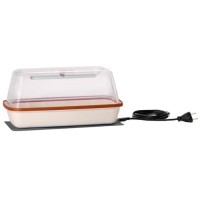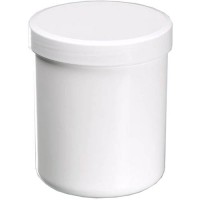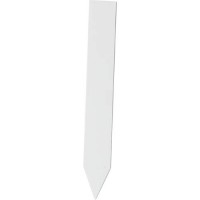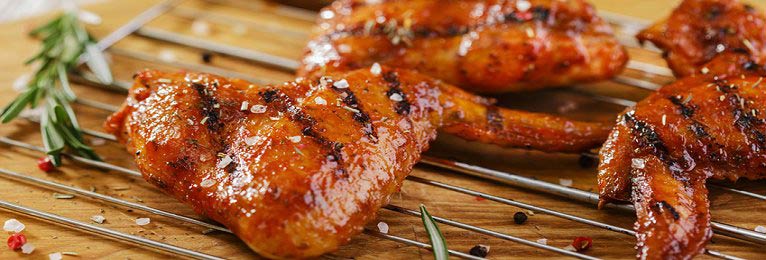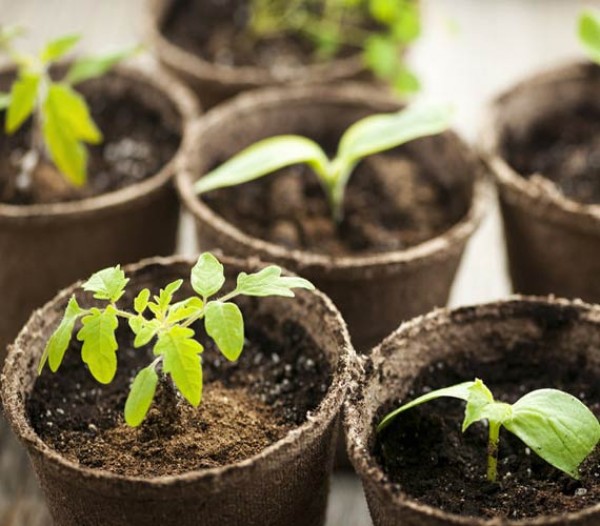
The best time to start seeds indoors
Grow tomatoes, chilli peppers and co. early
Even if winter still has a firm grip on the garden with ice and snow, you should start thinking about tomorrow`s vegetable garden at the end of January or beginning of February. It makes sense to plan early sowing on the windowsill and in the greenhouse.
When to start sowing?
The early gardener reaps early: If you want to start eating vegetables from your own garden in spring, you should start thinking about sowing in January/February. Most plants have different requirements for the best germination conditions.
Especially heat-loving vegetables such as peppers/chillies, tomatoes, pumpkin, aubergine or nasturtiums should be grown in small pots or trays on the windowsill from February onwards. Especially for the heat- and light-loving chillies, propagation solutions such as indoor greenhouses (sometimes with heating mat and lighting) are a good idea. The heat-loving vegetables can then be planted in the garden after all danger of frost has passed in mid-May.
But other varieties also need pre-planting on the windowsill: for those who simply sow Mediterranean herbs such as thyme, sage, rosemary or oregano in the garden are likely to be disappointed.
The advantages of early sowing indoors
The heat-loving tomato, for example, as well as the pumpkin, the pepper or the aubergine would not even make it to fruit ripeness in our short summers if they were not pre-grown indoors.
Another advantage of early sowing is that it is usually easier to grow and raise the plants. The environmental conditions are uniform indoors and pests such as slugs and snails cannot attack the young plants. When the strongest plants are then planted outdoors, they are usually already robust enough to have a good chance of survival. Indoor cultivation has also proven successful for sunflowers and beans.
The right preparation
Most seeds germinate better if they swell before germination. To do this, wrap the seeds in a damp cloth or place them in a glass of water overnight. With many fast sprouting seeds it is also sufficient to water them well when they are in the soil.
It is best to use growing soil that is weed-free and not fertilised. Too many nutrients are harmful to the small seedlings. From a size of about 5 centimetres, however, the seedlings should then be transplanted into fertilised soil.
If you want to use compost for growing, you should mix it with one third garden soil, sand or clay granulate and heat the compost in the oven for 20 minutes at 75°C to kill weed seeds and fungal pathogens.
The right time
The best times to start growing indoors for different plants:
| Vegetables | Herbs | Flowers | |
|---|---|---|---|
| From February | artichokes, aubergines, cauliflower, kohlrabi, peppers, chilli, celery, tomatoes | parsley, chervil | carnations, geraniums, horned violets, snapdragons, lobelia, lupines, petunias, summer asters, hollyhocks |
| From March | broccoli, spinach, radiccio (early varieties), red cabbage, white cabbage, savoy cabbage | basil, savory, borage, mint, clary sage, rosemary, chives | fairy mirror, busy lily, verbena, gold poppy, nasturtium, levkoje, marigold, coquina flowers, ornamental tobacco, zinnias |
| From April | cucumbers, bush and pole beans, romaine lettuce, Brussels sprouts, pumpkin, kale, courgettes, sweet corn | lavender, coriander, marjoram, lemon balm, sage, thyme, hyssop | Cosmea, sweet peas, Mexican sunflowers, baby`s breath, black-eyed susans, sunflowers, spider flowers, miracle flowers |
Manufacturer
Name: | Chili-Food-Wissen |
Address: |
